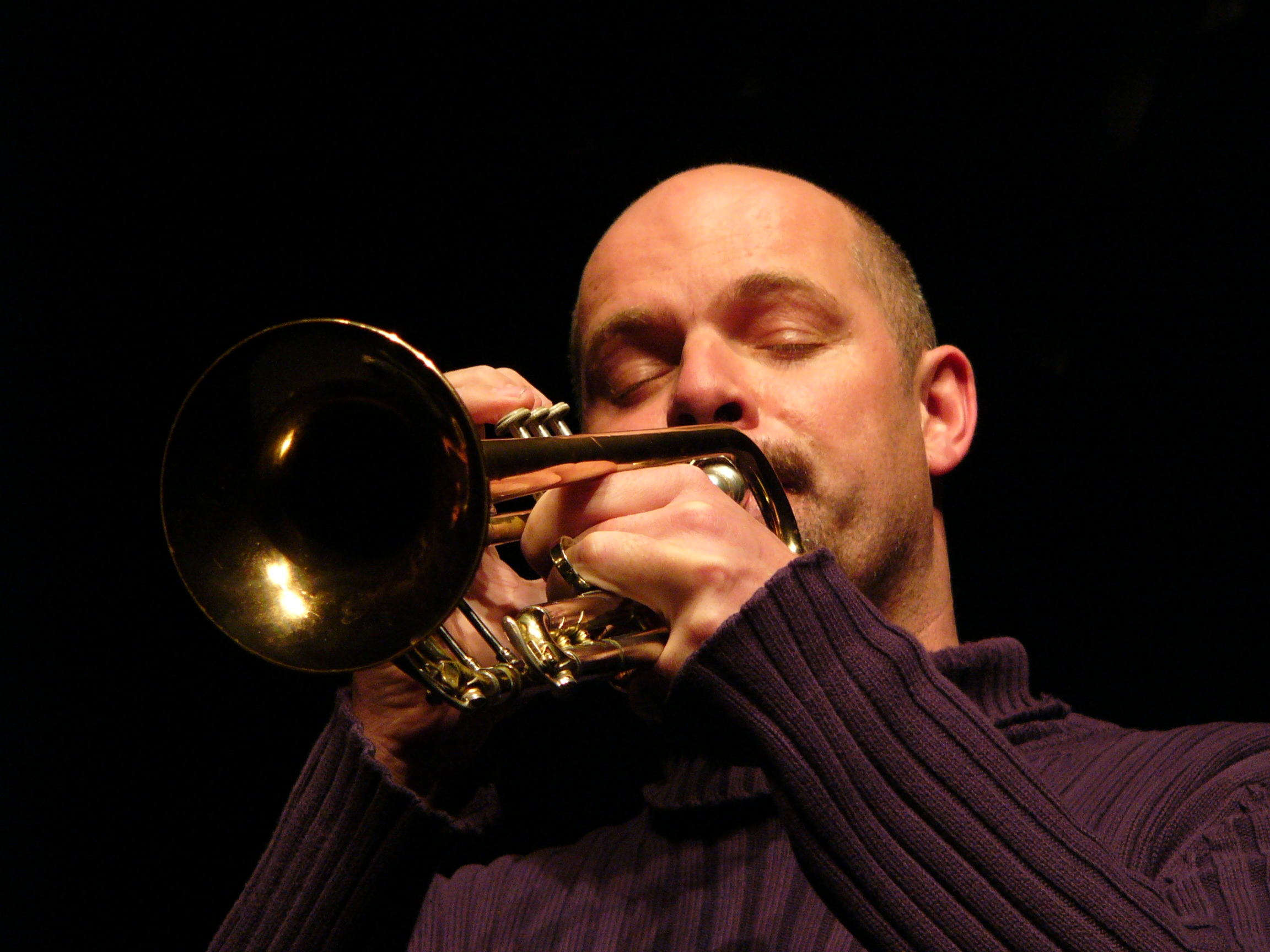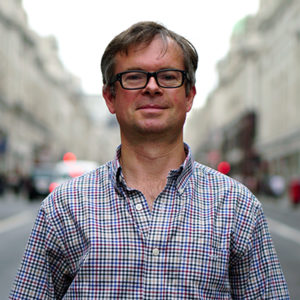Damon Brown Interview

Tell us about the gigs you’re doing at The Verdict on Friday 6th October and at Hastings Jazz Club on Tuesday 17th October.
“Yeah, I’ve got a Korean drummer, Kim Minchan, that I’ve played a lot with over the past three or four years. I’ve put a lot of gigs together in October partly because he was over and I wanted people to hear him as much as possible. He’s on both of our gigs at Hastings and at The Verdict.”
How do you know him?
“I went to Korea because I was working fairly regularly and every year I was working in Japan. I was working in Japan a lot with Gene Jackson (the drummer from Herbie Hancock’s Quintet), tenor player Tim Armacost and Yutaka Shiina, a piano player who is quite well known in Japan. When I was working with them, Tim said ‘why don’t you go to Seoul, if you haven’t been there yet. It’s a really interesting place and has an interesting jazz scene’. So I ended up doing that, it took me a few years but I ended up going to Seoul about seven years ago and immediately fell in love with it. I started playing with and meeting Korean jazz musicians and started going over there a bit more each year. About two years ago I spent more time over there than in the UK. Minchan is one of the musicians that I met and started to play with. He’s been over before and he’s a great swinging sort of drummer. I would say that he’s the best straight-ahead jazz drummer in South Korea. He’s a real personality. He’s a regular member of the Jesse Davis Quartet and a really good friend, someone who has helped me out with a lot of the logistics over there, so it’s nice to have him over for these dates.”
How do you find the jazz scene in the Far East?
“For me, the greatest place on earth to play is Japan. I’ve been really, really lucky and played at really nice jazz venues up and down the country with some great musicians.”
“There’s nothing like it on earth. The total commitment and seriousness of the audience. But I suppose on the downside their jazz scene is getting tougher and tougher. It’s hard to find promoters to put gigs on. It’s still brilliant and I think it’s the best in the world.”
“The thing about Seoul is that its jazz audience is still very young and the interest is growing, which is exciting. Gigs don’t cost much to go to, for example, hence young people choose to go to jazz gigs. It’s in a different phase of its evolution. I love being in Seoul so that I can go to Japan as well.”
You always seem to play in very international bands.
“I’ve lived in a few different places. Partly because of the jazz and partly because of relationships that I’ve had over the years. They’ve caused me to move out somewhere and it doesn’t work out. I spent time in Paris and Barcelona and basically around Europe, places where I’ve lived and got to know the locals. I love it so much. I was very keen. Making good contacts is something that everybody needs to do. If you want to play abroad you have to have a strong career in your own country so that you can invite people and then they can invite you. Then you get more gigs and everyone benefits and hopefully it’s a mutually satisfying thing.”
“To be honest I’ve only really been playing with the Korean guys for a little while and bringing them over as much as possible. It’s quite hard to get gigs out there. For me, I’m out of the country a lot so I’m slowly losing contact with some of the venues. That’s the downside.”
Tell us about your recent recordings.
“I’ve made two albums recently in Korea. The one that I’ve been promoting here in the UK, is the one that Minchan is playing on. It’s called Han River Tales. We recorded it a few months ago on the We Play Jazz label.”
“I’ve actually been in England now for a year, because I went to Trinity to do a Masters in Music Education. That’s why I’ve been back here.”
How did you find it, doing your masters?
“It’s been great. I had some great teachers. It took me a while to get my head back into the essay writing. That was a bit of a headache but it was great. Hopefully it will stand me in good stead if I do get asked to do more teaching then I’ll be more prepared. I learnt some good things, it was a good experience.”
So what kind of teaching are you hoping on doing?
“Well, I got offered a good teaching job in South East Asia and because I didn’t have a functioning degree, or a degree that was recognised, I realised I couldn’t take those jobs. I couldn’t even go through with an application. I knew Simon Purcell at Trinity.”
“Teaching-wise, if I got offered another position teaching jazz or teaching improvisation or trumpet at a music college or university then that would be great. Let’s see. It might not happen.”
What approach do you take to teaching jazz? Would you teach students to play by ear?
“I wouldn’t only teach to play by ear. I would recommend to anyone to play by ear as much as possible, I think it’s key to development. But there are many ways to do things. In a perfect world, if we had enough time then yeah but it depends on how much time people have. Certainly people who invest in listening to jazz and learning it by ear (not by rote) it doesn’t mean how many solos have you transcribed, that really doesn’t do it completely either. If you say ‘play by ear’ then you mean somebody who really focuses and listens to music and learns aurally. It is an aural music but it doesn’t mean that there can’t be great short cuts.”
“I think I would probably go with a mixture with an emphasis on learning to play by ear and exploring the possibilities of learning music that way. Sing everything. People say ‘play by ear’ but really it means ‘learning by ear’. If it’s just transcription then you can transcribe thousands of solos and miss the point. But it’s still good to do it!”
When you were learning the trumpet were there solos that you listened to over and over?
“There were a few records that I got very absorbed in and just couldn’t stop playing. Before I’d learnt the solos I’d already listened to them loads and they were ‘in my ear’. I just listened to them so they were in my vocabulary. Of course, transcribing them as well was great. Early on it was Miles then later on I got into Woody Shaw and Clifford Brown and then Freddie. The usual suspects.”
Is there anything that you’re still working on?
“Yes definitely. I’ve mostly had a kind of ‘study head’ on for my academic thing recently so I can’t wait to go back to doing some more proper practice. I haven’t done enough for a while. I definitely want to expand my vocabulary a bit. I was really into the Miles thing at the beginning. That sort of romantic sound and space. I really went for that vibe and then there was a period where various people said ‘we like that element of your playing’ in that kind of respect but you haven’t got enough harmony down, then I went into a phase where I was like ‘I’ve got to get my changes playing together’ and getting really into Clifford Brown and bebop. I’d like to get back to working on some more modern vocabulary that I can try to make my own. Woody Shaw type stuff and trying to find my way through standards and stuff and a modern approach. I’d love to get back working on that.”
I’m looking forward to seeing you at The Verdict on 6th October.
“The Brighton band is pretty much my regular band, it’s just that we have Minchan over. Christian Brewer, Adam King, Leon Greening. We’re all old friends, although Adam’s a lot younger. We’re very cemented as a group of friends. I’m very excited to play music with my friends.”
For more information visit Damon Brown’s website here.



